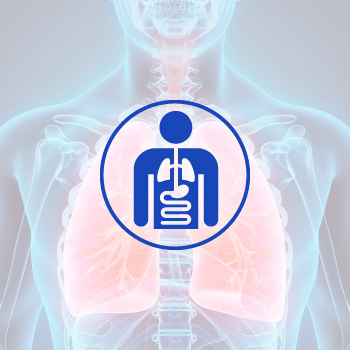Alzheimer’s Disease
Alzheimer’s Disease is a progressive neurological disorder that affects memory, thinking, and behavior. It is the most common cause of dementia and typically develops slowly, worsening over time and eventually interfering with daily tasks and independence.
It is characterized by two types of abnormal protein deposits in the brain: amyloid plaques and tau tangles, which interfere with neuron function and communication.
- Symptoms
- Causes
- Risk Factors
- Diagnosis
- Treatment and Management
Alzheimer’s develops gradually, and early signs can be subtle. Symptoms may include:
- Memory loss (especially recent events)
- Getting confused about time or place
- Trouble doing familiar tasks
- Difficulty finding the right words
- Poor judgment or decision-making
- Mood or behavior changes
- Misplacing items and forgetting how to find them
As the disease progresses, individuals may require full-time care and support.
Alzheimer’s disease starts years before symptoms appear. It usually begins in the part of the brain that controls memory and slowly spreads, causing brain shrinkage in later stages. It is an abnormal build-up of proteins in your brain.
Two abnormal proteins are involved:
- Beta-amyloid plaques: Sticky clumps that form between nerve cells, blocking communication.
- Tau tangles: Twisted fibers inside nerve cells that disrupt nutrient transport and lead to cell death.
These changes lead to the death of brain cells over time.
Several factors increase the risk of developing Alzheimer’s:
- Age: Risk increases significantly after 65.
- Genetics: Having a family history.
- Head trauma: Severe head injuries may play a role.
- Heart health: Conditions like high blood pressure, obesity, and diabetes may raise the risk.
- Lifestyle: Poor diet, lack of exercise, and low social engagement can also contribute.
Alzheimer’s Diagnosis is based on:
- Medical and family history
- Cognitive and neuropsychological tests
- Brain imaging (CT, MRI, PET scans)
- Blood tests
Available blood test at HSMC Neurology Institute:
✅ Detects Alzheimer’s 10+ years before severe memory loss
✅ Painless blood test — no PET scan or spinal tap
Early diagnosis is crucial for treatment planning and support.
A new type of treatment for early-stage Alzheimer’s focuses on clearing beta-amyloid plaques from the brain — one of the key features of the disease.
How It Works:
- Uses monoclonal antibodies that target and help remove beta-amyloid buildup.
- Helps slow down memory loss and thinking problems.
Key Points:
- For early-stage Alzheimer’s with confirmed amyloid presence in the brain.
- Given through regular IV infusions, usually every 4 weeks.
- Starts working in about 6 months.
- Patients are monitored closely for rare side effects like brain swelling or minor bleeding.
Frequently Asked Questions (FAQs)
- Is Alzheimer’s the same as dementia?
- Can Alzheimer’s be prevented?
- What age does Alzheimer’s usually start?
- Is Alzheimer’s hereditary?
- Are there any new treatments available?
No. Dementia is a condition that causes problems with memory, thinking, and behavior.
Alzheimer’s is the most common type of dementia. It accounts for 60–80% of all dementia cases and mainly affects older adults
There is no guaranteed way to prevent it, but a healthy lifestyle such as regular exercise, balanced nutrition, mental stimulation, and social engagement—can help reduce the risk.
Most people are diagnosed after age 65, but early-onset Alzheimer’s can begin as early as 40 or 50.
Genetics can play a role, especially in early-onset cases. However, many people without a family history also develop the disease.
Research is ongoing. Harley Street Medical Centre Abu Dhabi provided a treatment to a patient targeting amyloid buildup that has shown significant results within 6 months.



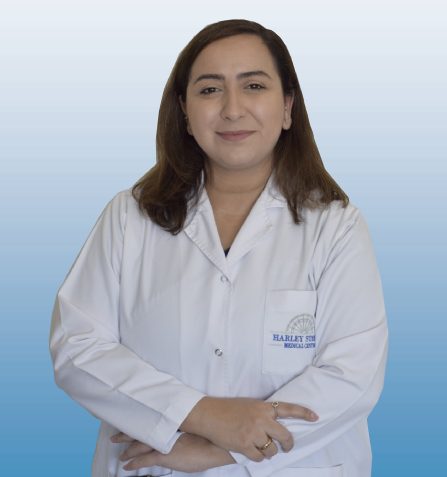
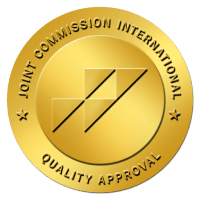
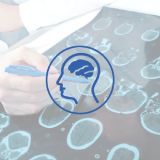
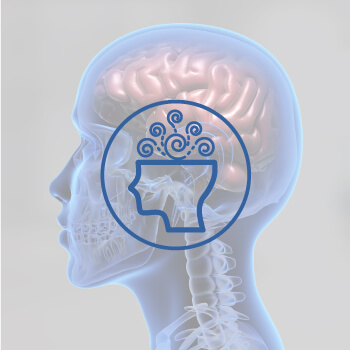



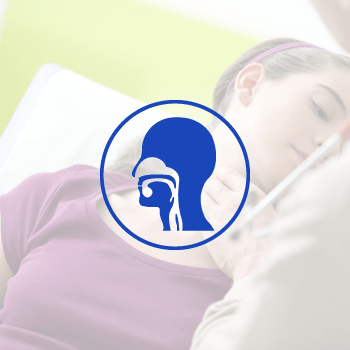
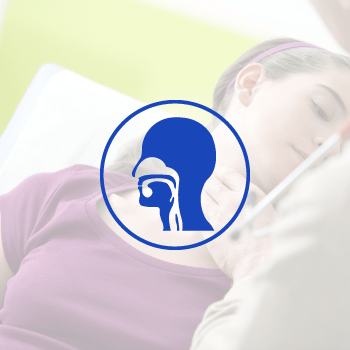
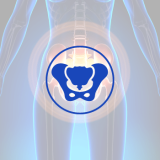

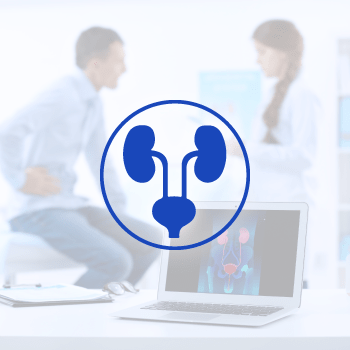
 أنقر هنا
أنقر هنا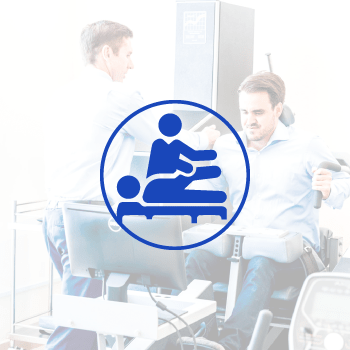 أنقر هنا
أنقر هنا

